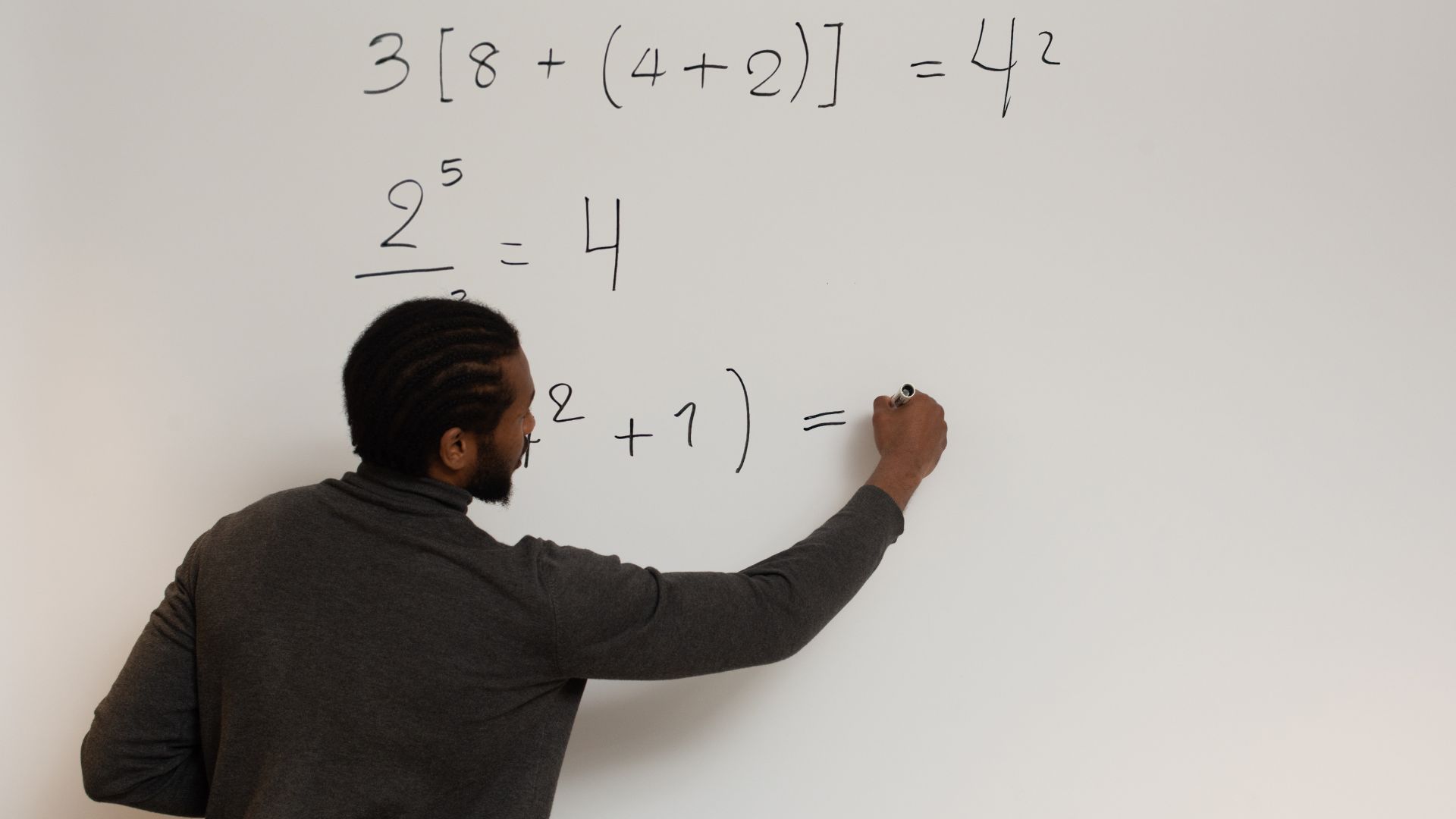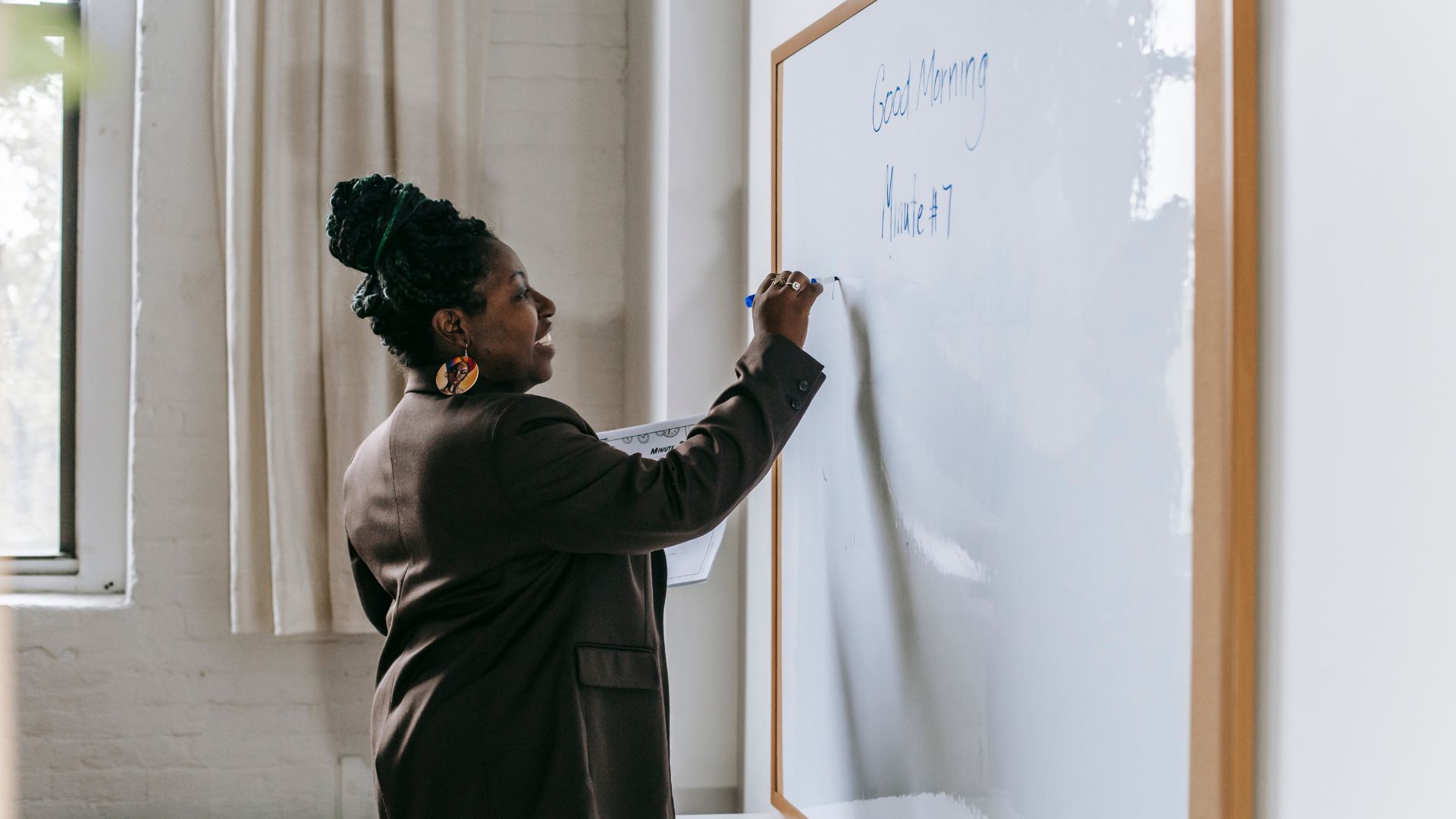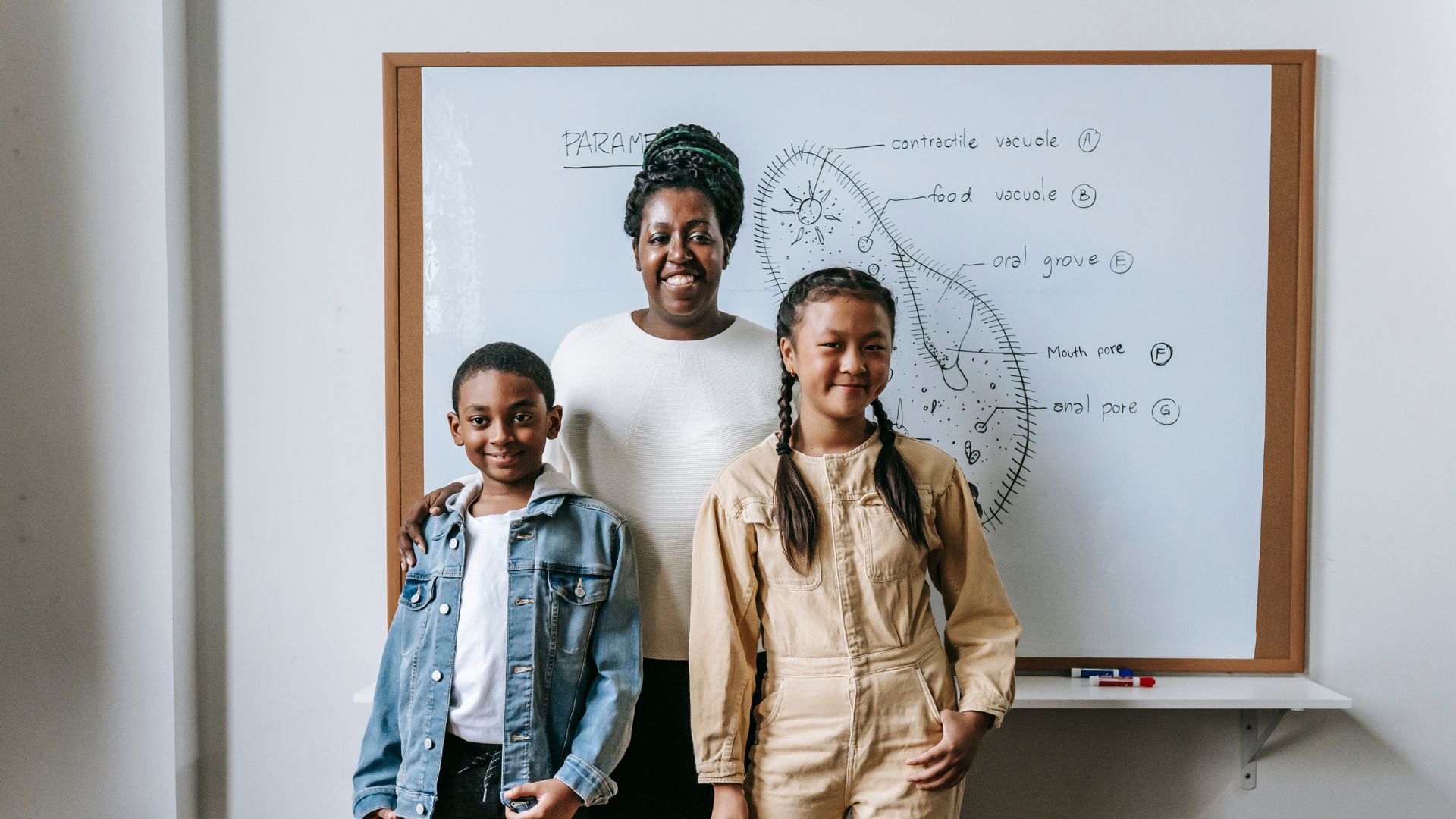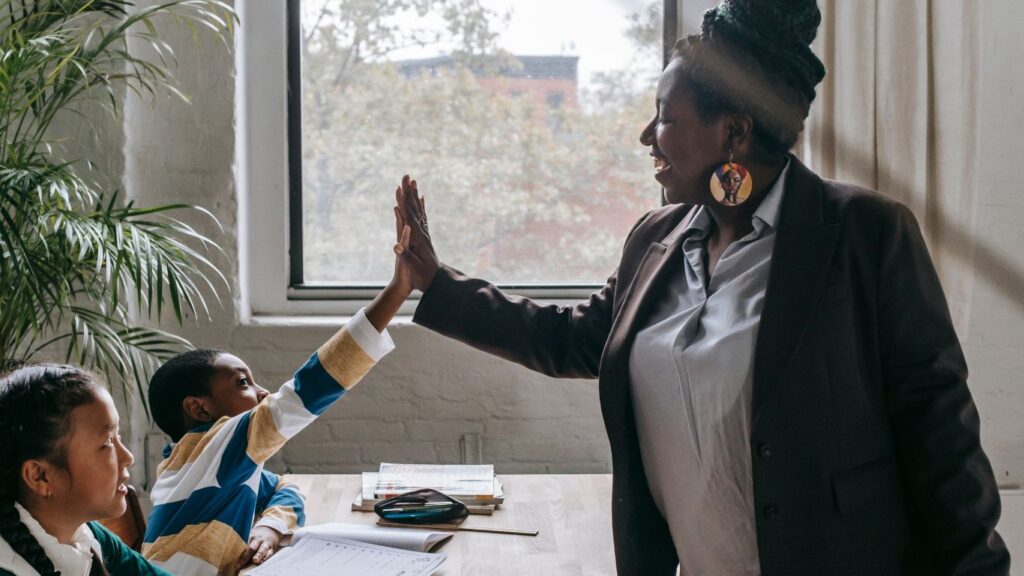Every October 5 is set aside as World Teacher’s Day to appreciate and improve the efforts of teachers, as well as to provide them with opportunities. It has taken place every year since 1994 when the United Nations Educational, Scientific and Cultural Organisation (UNESCO) saw the need for teachers across the globe to be given recognition.

The value of teachers can’t be underestimated. Without them, society will not be able to progress, great minds won’t be developed. It’s the role of teachers that makes this possible and that’s why in the more advanced climes of the world, a lot is invested in education and of course teachers because they are agents of transformation.
The situation however isn’t like that in a country like Nigeria where the government doesn’t place a strong emphasis on education.
While it is common to see teachers demand better pay and working conditions, many aren’t well-equipped, having little or substandard training. Such affects the quality of teaching and the students produced.
It’s much worse when teachers discriminate and seclude students who have some form of disability in a school that is supposed to foster inclusion. Nigeria has a very large population of people living with disabilities (more than 27 million) which is a large proportion of the entire population (more than 200 million).
They face varying levels of discrimination, segregation, bias, stereotype and prejudice and teachers who should be agents of transformation join in these very disgraceful acts. It shouldn’t be but that is the reality.

In spite of this shameful behaviour from teachers, there are some who hold students with disabilities in high esteem and give them the enabling environment to thrive. One of such is Monsuru Adeniji, a teacher at the Outliers School, Lagos, a school that fosters inclusive learning.
For him, his relationship with special needs students was a “discovery” and “opportunity” for him while also acknowledging that it’s not an easy job but a journey that is worthwhile.
“It was an opportunity to explore new boundaries and up till now I still feel the same about children with challenges,” he said.
“My friends, I will not say it is an easy job to work with this set of children but with a strong and positive mindset coupled with good knowledge, one can achieve a lot with them. The mindset is very key. Later on, you will discover amazing things in your journey of teaching this set of children.”
On why children with special needs get discriminated against, Adeniji poses the question in reverse to those who discriminate if such children were their own.
“It is an erroneous perspective to discriminate against challenging children. Ask me why. If I ask anyone, what if they are your children would you love them to be disregarded or segregated? The answer will mostly be NO,” he continued.
Adeniji attributes discrimination of special needs children in schools thriving because of low level of awareness which extends to parents who do not give the right care.
“Although, it is a fact that a few people do not care even as a parent as to whether these children are discriminated against or not. They are simply fed up with them. This shows the level of awareness and understanding of the majority as regards challenging children,” he stated.

It is easy to blame the government for not taking a firm stance in stamping out discrimination against persons with disabilities. The Discrimination Against Persons with Disabilities (Prohibition) Act signed into law by (Former) President Muhammadu Buhari in 2018 is supposed to protect them and give them rights just like any other person. The bill has sadly failed to live up to the least of expectations, often questioning its existence in the first place without proper enforcement.
Adeniji however does not think this role lies with the government but rather the community where these special folks live and grow in.
“This is not a question of whether the government should be at the forefront of this campaign or not. I believe the community in its entirety needs to be aware of how to help these children,” he asserted.
“Hence, it is pertinent for everyone who has the knowledge to pass it on to others. We are all in this together, be it an individual, NGO, government, organisation, or parents. Let us just spread the awareness on all platforms. May God help us. We all need to do more, even me.”
On the occasion of World Teacher’s Day, Adeniji called on his colleagues to build an incisive environment for children to learn.
“Children living with physical, mental or learning challenges are not disabled. Let us welcome an inclusive society that caters for all,” he concluded.
“We are all different and special in our own way. As teachers, we play a key role in nation-building. If a nation thrives, check the teachers and vice versa.”
It is great to see teachers like Monsuru Adeniji who are setting a good example for showing love and care to children with special needs in the school environment. The journey is still far because discrimination and neglect are still rampant within the school and outside. With more awareness, sensitisation and non-relenting spirit, the narrative will certainly change for the better in the coming years.
Originally written on the occasion of World Teacher’s Day 2022 themed: The transformation of education begins with teachers.
Images used in this article are randomly sourced and are not in any way connected to the person interviewed.


Very brilliant presentation and thought provoking ignition switch to get the attention of the National Assembly and the state legislation.
Keep up the good work. We will get it right soon.
Well done.
Appreciate your good work.
Thank you very much. I appreciate your comments.